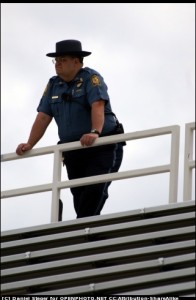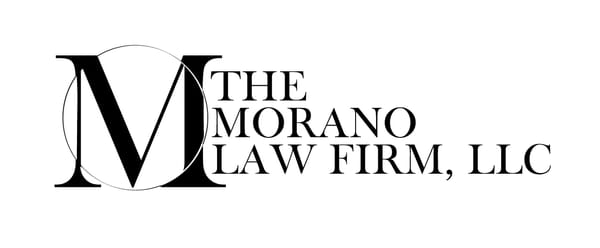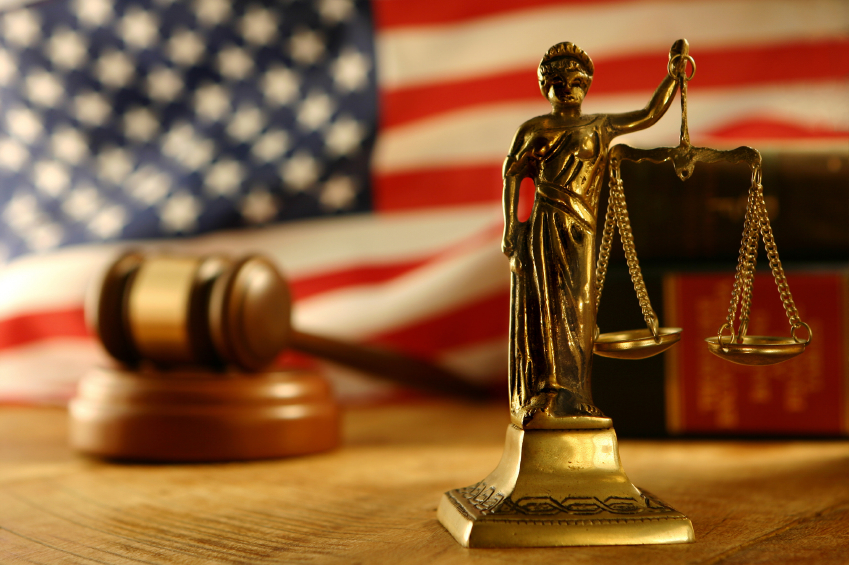Today it is common to see more people using their smartphones while driving in New Jersey. This trend has led to an increase in traffic accidents and an amplified effort by law enforcement to target people talking or texting while driving. Simultaneously, the New Jersey  Legislature has proceeded recently to enact harsher penalties for violating these laws. With the threat of high fines and possible license suspensions, it is important that you are informed about what you can do to minimize legal ramifications if you or anyone you know becomes involved in a situation like this. Contact Corey Morano, Esq. at 201-598-5019 or email [email protected] today to set up a free consultation.
Legislature has proceeded recently to enact harsher penalties for violating these laws. With the threat of high fines and possible license suspensions, it is important that you are informed about what you can do to minimize legal ramifications if you or anyone you know becomes involved in a situation like this. Contact Corey Morano, Esq. at 201-598-5019 or email [email protected] today to set up a free consultation.
Distracted driving has led to many accidents and legal trouble for individuals, so understanding exactly how it is defined can help you to avoid these circumstances. Taking your eyes off the road to use your phone is unlawful and can lead to fines for first offenders and points or license suspensions for repeat offenders. Exceptions to this law include using hands-free calling systems, using your cell phone in a situation where your life is being threatened, or when you are calling authorities to report an emergency. The statute can be found below.
39:4-97.3. Use of wireless telephone, electronic communication device in moving vehicle; definitions; enforcement.
1. a. The use of a wireless telephone or electronic communication device by an operator of a moving motor vehicle on a public road or highway shall be unlawful except when the telephone is a hands-free wireless telephone or the electronic communication device is used hands-free, provided that its placement does not interfere with the operation of federally required safety equipment and the operator exercises a high degree of caution in the operation of the motor vehicle. For the purposes of this section, an “electronic communication device” shall not include an amateur radio.
Nothing in P.L.2003, c.310 (C.39:4-97.3 et seq.) shall apply to the use of a citizen’s band radio or two-way radio by an operator of a moving commercial motor vehicle or authorized emergency vehicle on a public road or highway.
b. The operator of a motor vehicle may use a hand-held wireless telephone while driving with one hand on the steering wheel only if:
(1) The operator has reason to fear for his life or safety, or believes that a criminal act may be perpetrated against himself or another person; or
(2) The operator is using the telephone to report to appropriate authorities a fire, a traffic accident, a serious road hazard or medical or hazardous materials emergency, or to report the operator of another motor vehicle who is driving in a reckless, careless or otherwise unsafe manner or who appears to be driving under the influence of alcohol or drugs. A hand-held wireless telephone user’s telephone records or the testimony or written statements from appropriate authorities receiving such calls shall be deemed sufficient evidence of the existence of all lawful calls made under this paragraph.
As used in this act:
“Citizen’s band radio” means a mobile communication device designed to allow for the transmission and receipt of radio communications on frequencies allocated for citizen’s band radio service use.
“Hands-free wireless telephone” means a mobile telephone that has an internal feature or function, or that is equipped with an attachment or addition, whether or not permanently part of such mobile telephone, by which a user engages in a conversation without the use of either hand; provided, however, this definition shall not preclude the use of either hand to activate, deactivate, or initiate a function of the telephone.
“Two-way radio” means two-way communications equipment that uses VHF frequencies approved by the Federal Communications Commission.
“Use” of a wireless telephone or electronic communication device shall include, but not be limited to, talking or listening to another person on the telephone, text messaging, or sending an electronic message via the wireless telephone or electronic communication device.
c. (Deleted by amendment, P.L.2007, c.198).
d. A person who violates this section shall be fined $100.
e. No motor vehicle points or automobile insurance eligibility points pursuant to section 26 of P.L.1990, c.8 (C.17:33B-14) shall be assessed for this offense.
f. The Chief Administrator of the New Jersey Motor Vehicle Commission shall develop and undertake a program to notify and inform the public as to the provisions of this act.
g. Whenever this section is used as an alternative offense in a plea agreement to any other offense in Title 39 of the Revised Statutes that would result in the assessment of motor vehicle points, the penalty shall be the same as the penalty for a violation of section 1 of P.L.2000, c.75 (C.39:4-97.2), including the surcharge imposed pursuant to subsection f. of that section, and a conviction under this section shall be considered a conviction under section 1 of P.L.2000, c.75 (C.39:4-97.2) for the purpose of determining subsequent enhanced penalties under that section.
If you or someone you know needs more information on this matter, please do not hesitate to contact me, Corey Morano, Esq. today for a free consultation at 201-598-5019 or [email protected].

